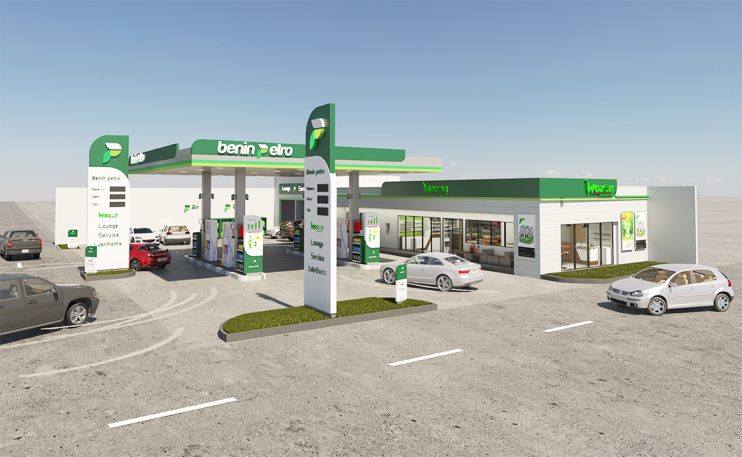Hypertension, frequently known as hypertension, is a common wellness problem that affects numerous people around the globe. Commonly described as “the quiet awesome,” high blood pressure is a major risk factor for serious health problems such as cardiovascular disease, stroke, and also kidney failing. Recognizing the diaform diabetes signs of hypertension is essential for very early discovery as well as reliable monitoring of this problem. In this article, we will check out the principal symptoms and signs of hypertension, equipping you to take required steps towards a healthier life.
General Symptoms of Hypertension
While high blood pressure is normally asymptomatic in its onset, some people might experience particular symptoms that can work as red flags indicating high blood pressure. These symptoms include:
- Migraines: Frequent or extreme headaches, especially in the morning, can be an indicator of hypertension. However, it is necessary to note that frustrations can have various reasons, so it’s important to get in touch with a healthcare expert for a precise medical diagnosis.
- Dizziness: Really feeling lightheaded, lightheaded, or experiencing vertigo can be connected with hypertension. Relentless or persisting episodes of lightheadedness should not be neglected.
- Shortness of breath: Trouble breathing ottomax árgép or shortness of breath might take place in individuals with neglected hypertension. This sign can be particularly evident during physical exertion or arduous tasks.
- Upper body discomfort: Unexplained upper body discomfort or discomfort can be a possible signs and symptom of hypertension. However, upper body pain can likewise signal various other severe conditions, so looking for medical focus is important for a precise medical diagnosis as well as appropriate treatment.
- Exhaustion: Persistent tiredness or a basic feeling of fatigue can be a sign of underlying wellness issues, including hypertension. If exhaustion continues in spite of sufficient rest, it’s advisable to seek advice from a healthcare professional.
Extreme Symptoms of High Blood Pressure
Sometimes, hypertension can manifest itself via severe and potentially life-threatening signs. These signs require immediate clinical interest and also include:
- Severe migraines: Intense, pounding frustrations that continue for a prolonged period or are gone along with by aesthetic disturbances, confusion, or nausea can show a hypertensive dilemma. Seek emergency situation treatment if you experience these signs and symptoms.
- Extreme breast discomfort: Serious, ruthless upper body discomfort, tightness, or stress can be an indication of a heart attack or other cardiovascular emergencies. It is essential to look for emergency situation clinical support without delay.
- Problem speaking or understanding: Abrupt problem speaking, slurred speech, or complication can be signs and symptoms of a stroke, which can occur due to uncontrolled high blood pressure. Immediate clinical interest is essential in such circumstances.
- Severe anxiety or panic: Inexplicable anxiety attack, serious anxiety, or feelings of approaching ruin can be connected with very high blood pressure degrees. Seek prompt healthcare in such situations.
- Nosebleeds: While nosebleeds are a common incident as well as can have numerous reasons, frequent or serious nosebleeds can in some cases be a signs and symptom of high blood pressure. If nosebleeds are persistent as well as recurrent, medical examination is recommended.
Pregnancy-Related Signs And Symptoms of Hypertension
Expecting women should pay attention to their high blood pressure as pregnancy-induced hypertension, also known as gestational hypertension, can occur. Some signs specific to hypertension during pregnancy consist of:
- Swelling: Too much swelling, especially in the hands, feet, or face, can be an indicator of gestational high blood pressure. Nevertheless, small swelling prevails in pregnancy, so consult a medical care specialist for proper assessment.
- Proteinuria: The visibility of protein in the urine, shown up by sudsy or foamy pee, can indicate gestational hypertension. Routine prenatal exams and pee examinations are essential to detect and also handle this condition.
- Visual modifications: Blurred vision, momentary loss of vision, or seeing blinking lights can be warning indications of pregnancy-induced high blood pressure. Looking for clinical attention is crucial to ensure the health of both the mom and baby.
- Upper stomach pain: Severe pain or pain in the top abdomen, often accompanied by nausea or throwing up, can be a measure of preeclampsia, a serious form of gestational high blood pressure. Immediate healthcare is necessary in such instances.
- Minimized fetal motions: Reduced fetal movement or an obvious modification in the baby’s normal pattern of activity can be a consequence of high blood pressure during pregnancy. It is important to report any concerns to your doctor.
Conclusion
High blood pressure is a chronic problem that calls for alert administration to avoid major health issues. While high blood pressure often provides no symptoms in its onset, specific signs can aid determine hypertension as well as punctual timely treatment. Regular high blood pressure monitoring, taking on a healthy lifestyle, as well as looking for clinical recommendations when necessary are essential steps in managing high blood pressure effectively. Bear in mind, very early discovery as well as correct administration can substantially lower the risk of heart disease, stroke, and various other hypertension-related problems.


